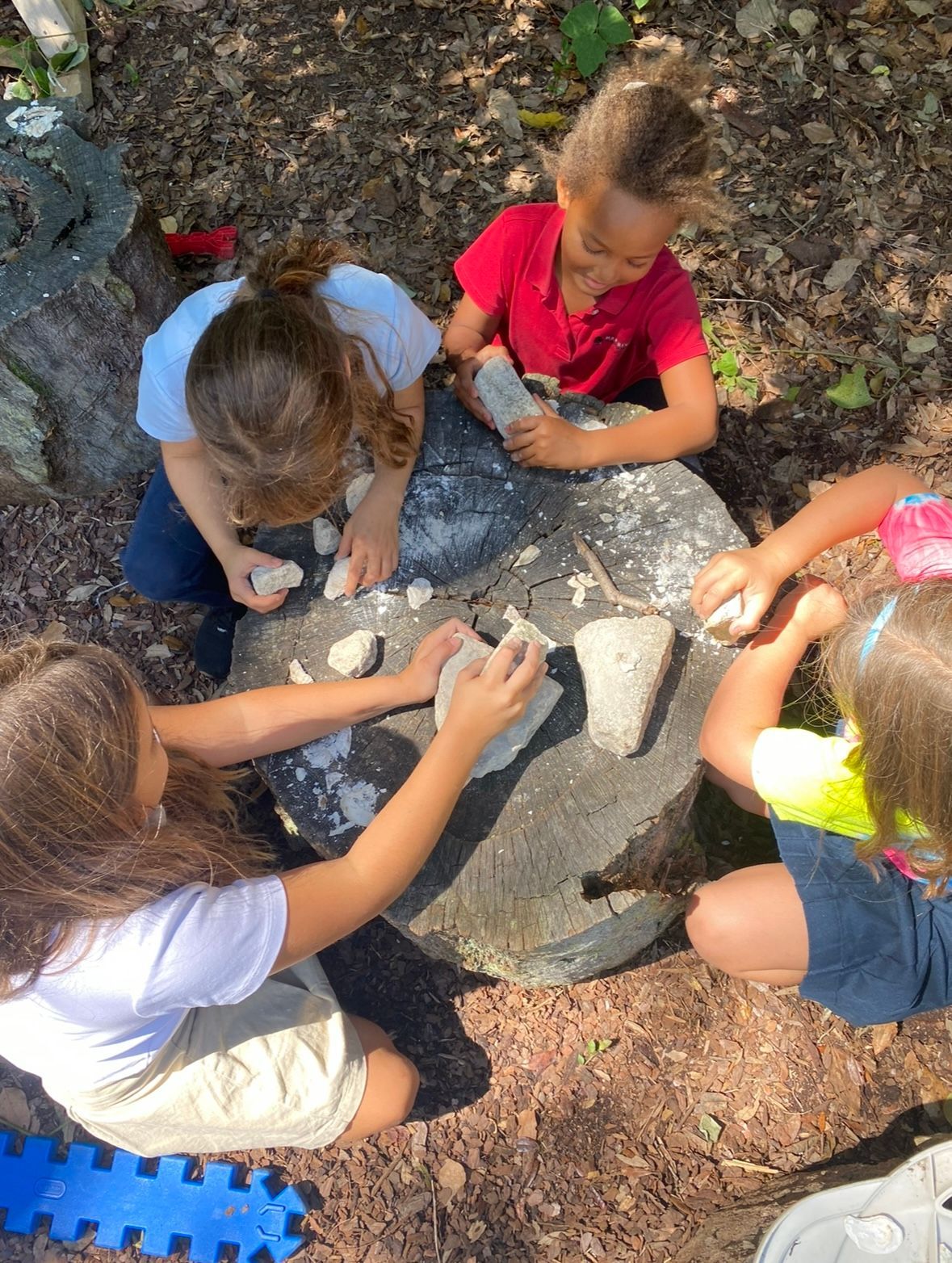Entrusted with Bluffton’s Children Since 1987
Creating Inspiring Learning Environments
Entrusted with Bluffton’s Children Since 1987
Inspiring Learning Environments
for ages 24mo – 12 years!

Help us celebrate Mary Vaux’s life and passion for education
click BELOW to donate and continue her legacy at May River Montessori
OUR MISSION
We inspire a love of learning, compassion, and acceptance through an authentic Montessori community.
Interested in scheduling a tour and learning more?
Entrusted with Bluffton’s Children Since 1987
Creating Inspiring Learning Environments
for ages 24mo – 15 years!
“We inspire a love of learning, compassion, and acceptance through an authentic Montessori community.”
Interested in taking a walking tour and learning more?
“We inspire a love of learning, compassion, and acceptance through an authentic Montessori community.”
Interested in taking a walking tour and learning more?
“We inspire a love of learning, compassion, and acceptance through an authentic Montessori community.”
The Montessori Difference
Learn more about what a true Montessori school model is and the difference the education style makes.
- Child-Led Learning
- Fostering Independence and Self-Discipline
- Mixed-Age Classrooms
- Hands-On, Real World Learning
- Practical Skills
- Self-Directed Growth
Programs for Kids & Teens
From 24 months to 12 years
"It’s such a wonderful place."
“We have 4 students here…our kids are all so different…this school is doing a really good job of meeting them where they’re at…helping them be the best version of themselves…”
Dr. Carey Christiansen Ford
Parent
"Both of my children attend and I couldn't be happier..."
Both my children attend and I could not be happier with our decision. Best teachers ever! Amazing curriculum and very mirrored to how we are raising them at home. My sons teachers have their hearts, and mine. Sharon does everything she can to protect those kids and make fussy parents happy. I appreciate everyone there. The after school program is awesome. This year we don’t need it, but my kids ask to stay after to be a part of it!
You know it’s a great school when they don’t want to leave.
My only complaint is that it doesn’t go up through high school. Hoping it continues to grow and by the time my children reach that grade, they would have built one.
Becky Bursey
Parent
"Caring compassionate teachers are really the heart and soul of the school..."
May River Montessori is an exceptional school in so many ways. The caring compassionate teachers are really the heart and soul of the school – from the 24 month “Cottage” all the way through the 6th grade. We have been at the school for 6 years and become more and more impressed each year.
Jessi Lee Dolnik
Parent
"Incredible job each and every day!"
My daughter excels in the learning environment that MRM has created. Thank you to all the teachers and staff, who do an incredible job each and every day!
Kimberly Cavanagh
Parent
Join Our Volunteer Community
News & UPDATES
Blog





